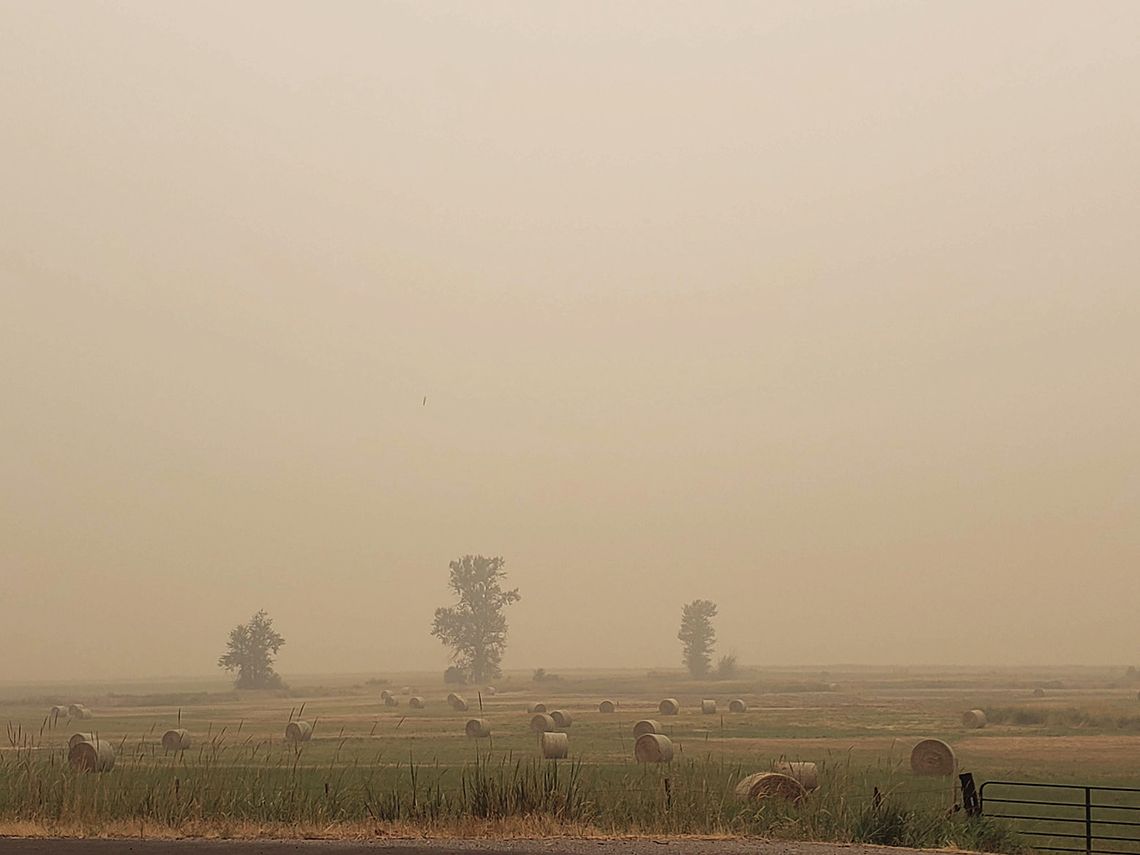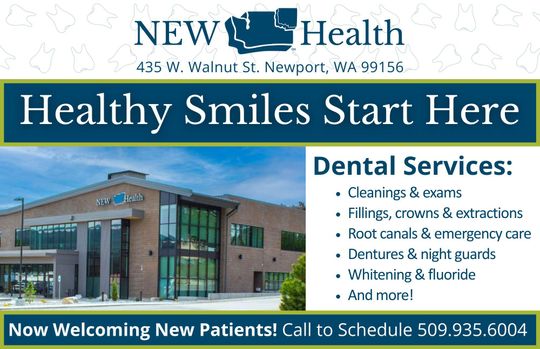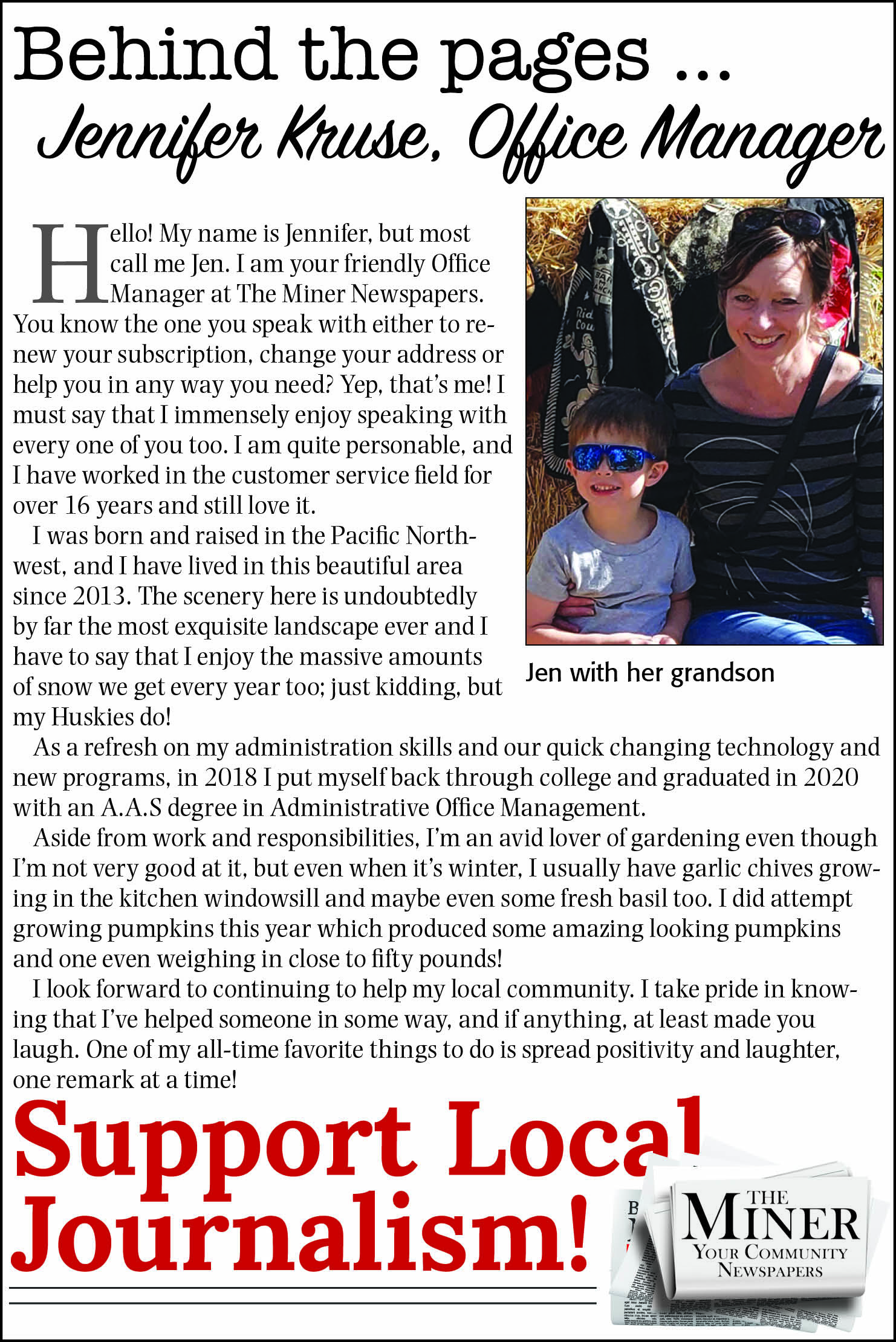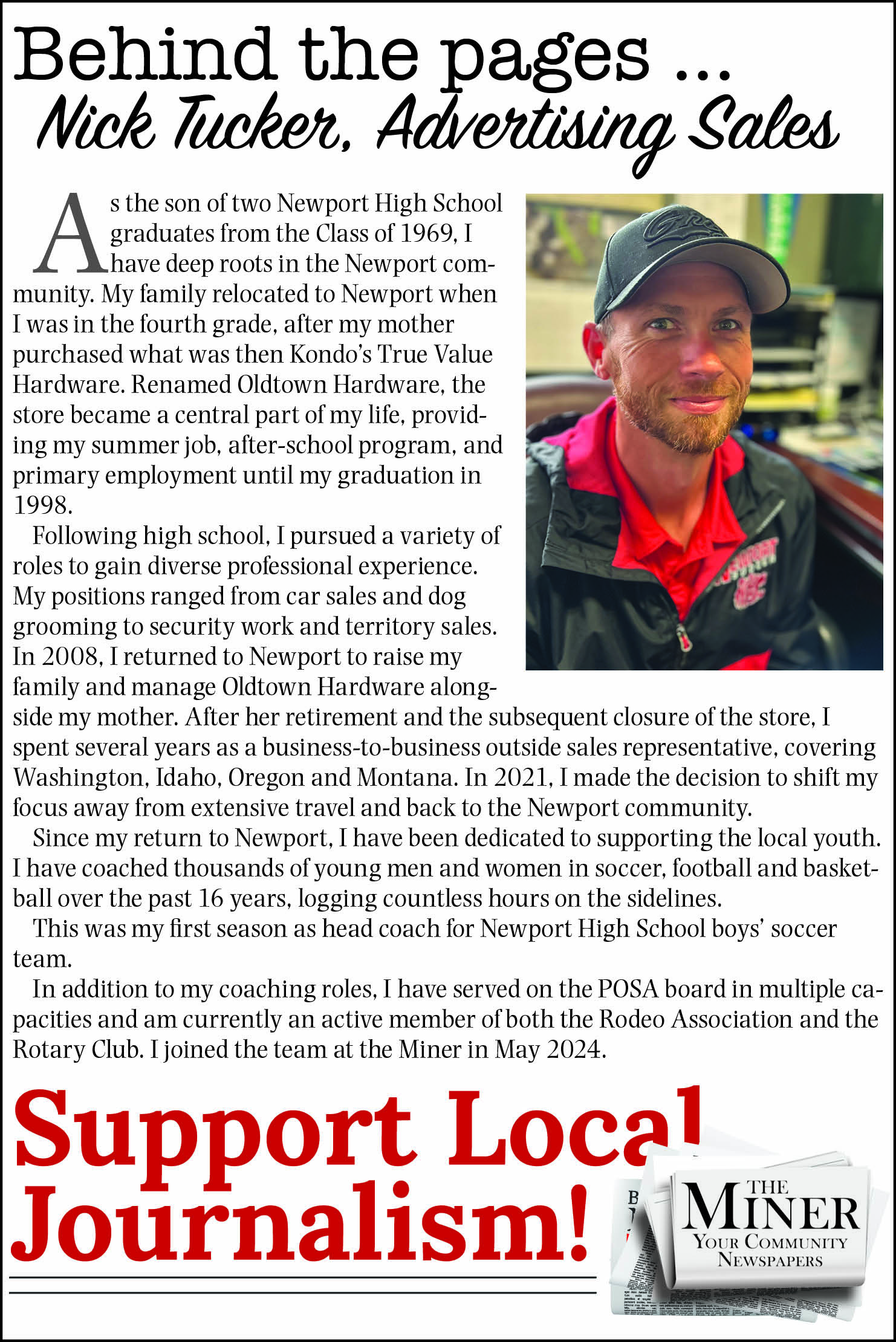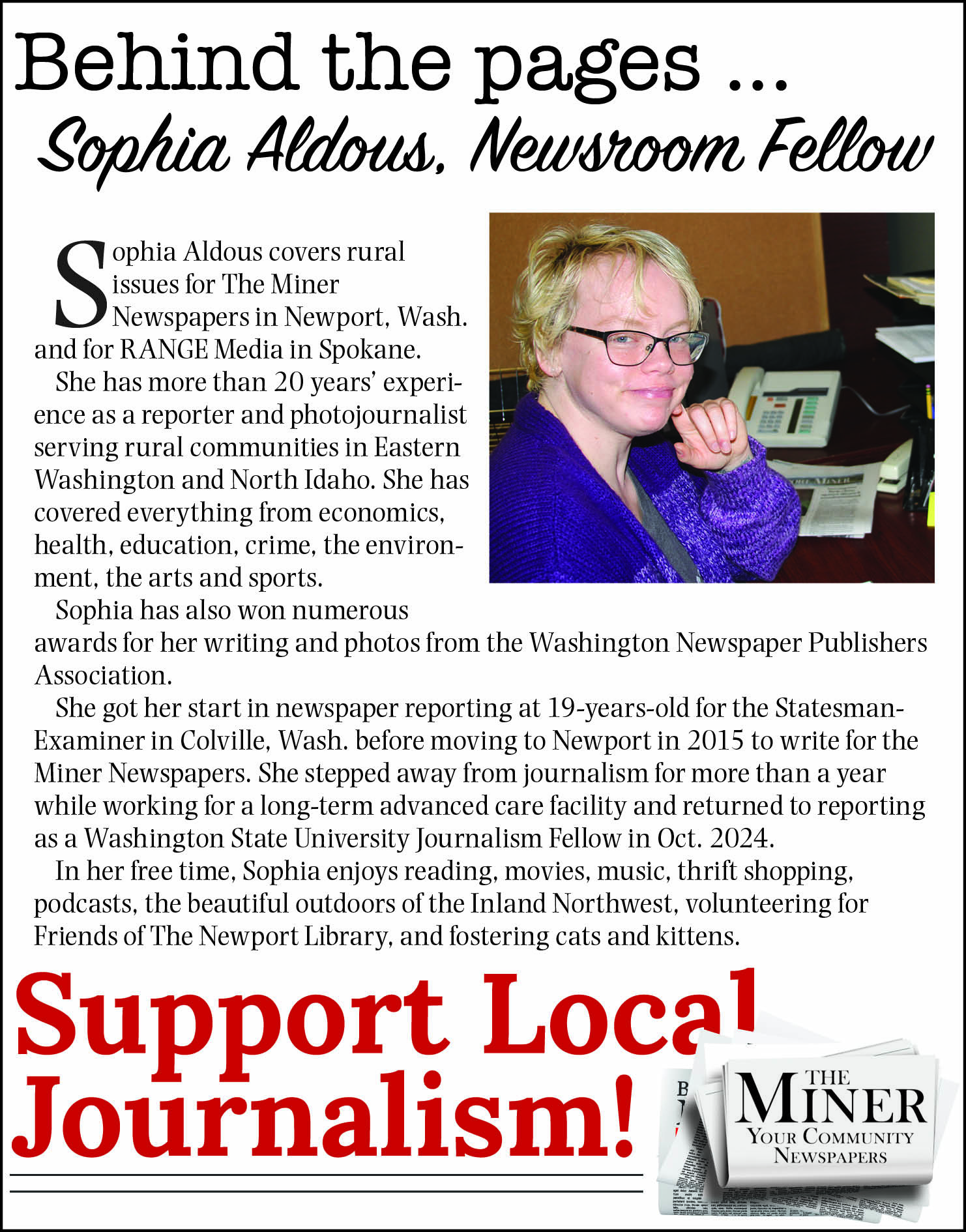Summer in NE Washington is special - from outdoor adventures to peaceful evenings in our forests and valleys. But wildfire smoke can drift into our communities, making air quality unpredictable. Planning ahead helps us protect our health while still enjoying all the region has to offer.
Wildfire smoke carries tiny particles that can get deep into your lungs and even your bloodstream. It’s more than just a nuisance - it can make breathing harder, worsen heart and lung conditions, and take a toll even on healthy adults. For families across NE Washington, now is the time to get ready.
Track air quality
When wildfire smoke rolls in, you can’t always see it - but there are new tools to track how it affects air quality. These tools help you understand how much smoke is in the air where you are right now - and what is anticipated for the next few days.
Bookmark and check sites like Fire and Smoke Map (fire.airnow. gov) and the Washington Smoke Blog (wasmoke.blogspot.com) to see up-to-date maps, forecasts, and data. These use the Air Quality Index (AQI) which communicates current and predicted pollution levels using a scale with recommendations to protect your health.
How can the AQI help?
The AQI is a tool to help you decide when it’s safe to be outside and when to take precautions and include these general guidelines: AQI below 50: Everyone can go about their day.
AQI 51 - 100: Those with asthma, heart or lung conditions, older adults, and young kids may want to take it easy.
AQI 101 - 200: Consider adjusting outdoor plans and take steps to protect your lungs.
AQI above 200: Consider staying indoors with filtered air to reduce exposure.
Prepare your indoor air now
When wildfire smoke arrives, most of us spend more time indoors. Getting your home ready now can help you breathe easier later - especially for kids, older adults, and anyone with heart or lung conditions. Here are ways to create cleaner indoor air: If possible, equip your home with an HVAC system using MERV 10+ filters. Set it to recirculate and change filters often during smoke season. For help, contact an HVAC professional.
If whole-home filtration isn’t available, choose one room as a ‘clean air room’ during smoke events. Pick a space with few windows, seal gaps, and use a portable air cleaner designed to remove smoke particles.
Keep outside doors and windows closed.
Avoid creating smoke or other particles - especially in the clean room – like cooking and burning candles.
Plan for smoke days
Think ahead about how your family might adjust when the air gets bad - especially if anyone in your home has a health condition worsened by smoke. We encourage you to check in on family, friends, or neighbors, especially those who are more vulnerable to smoke, like the elderly or those with health conditions. This can be a simple way to make sure everyone stays safe - and it’s an easy addition to your summer routine.
The Health District doesn’t make decisions about events or closures, rather we work closely with schools, event organizers, and community partners to support healthy decisions when air quality is poor. Our Health Officer provides advice when needed always in partnership, and we can offer resources. We also have high-quality masks available if smoke levels rise.
What we are doing behind the scenes
We’re working to help you breathe easier and stay safe. Here’s how: Installing 28 air quality sensors across the tri-county region to monitor real-time conditions and helping develop a local network of PurpleAir sensors Securing extra PurpleAir sensors to improve monitoring of outdoor and indoor air quality Obtaining 10 portable commercial air purifiers and two climate control units for use in public spaces during smoke events Providing nearly 800 portable air cleaners to eligible residents - while supplies last. To get one or to learn more, call the Health District at 509-684-2262.
What to do now
A little preparation now can make all the difference when the smoke arrives. While we can’t control the smoke, we can protect our health by staying informed and keeping our air clean. Start today, and make sure your family is ready. Save this article for reference and for more updates and tips all season long - including activities for kids - follow us on Facebook (Northeast Tri-County Health District) and visit our Smoke Readiness Page https://www.netchd. org/208/Wildfire-Smoke-Air-Quality.
.png)

